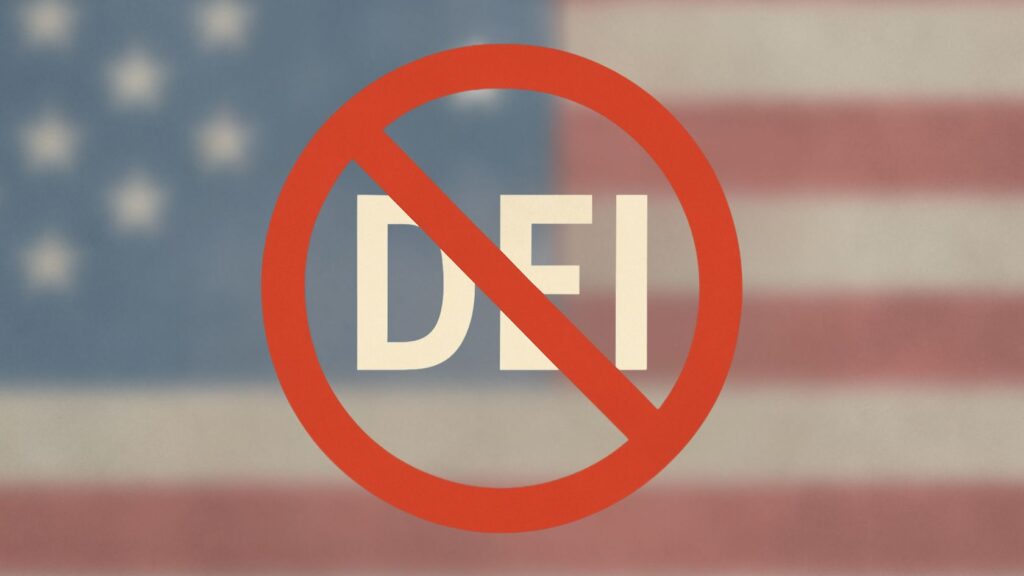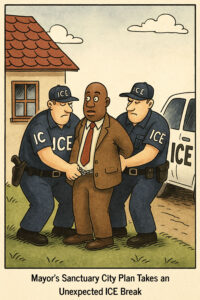 There’s a story Americans like to tell—that progress, once won, holds. That civil rights are a ladder, and once climbed, we never step down. That fairness, once codified, becomes our new floor.
There’s a story Americans like to tell—that progress, once won, holds. That civil rights are a ladder, and once climbed, we never step down. That fairness, once codified, becomes our new floor.
The dismantling of Diversity, Equity, and Inclusion initiatives in the United States proves otherwise.
This wasn’t a cultural backlash. It was a coordinated blueprint, implemented across courts, legislatures, boardrooms, and media feeds. What we’re living through is not a spontaneous eruption of “anti-wokeness,” but a sustained, deliberate rollback of the tools that were created to close structural gaps and broaden access to opportunity.
The campaign started with language. Terms like “DEI hire” became public code for insinuation—suggesting someone was hired not for their skill, but for their identity. In truth, such language is reputational sabotage masked as critique. It reduces complexity to caricature, erasing the reality that these programs weren’t about special treatment—they were about leveling a playing field designed with only a few in mind.
From there, the legal attacks followed. Lawsuits invoked civil rights language to undermine civil rights goals. State legislatures passed sweeping bans on equity programs in education and government. Universities were compelled to purge offices, faculty were silenced, and mentorship programs vanished. The federal government didn’t just issue new rules—it erased the infrastructure entirely.
And while courts debated intent and agencies issued denials, the on-the-ground consequences unfolded in quiet devastation.
In rural towns and underserved schools, in HR departments and hiring committees, the invisible scaffolding of equity work was dismantled. Programs supporting veterans, students with disabilities, first-generation graduates, women in STEM—all quietly cut or defunded. Not because they failed. But because they dared to exist.
This is not the work of extremists on the fringe. This is mainstream, well-funded, and increasingly normalized. It is powered by billionaires and ratified by politicians. It is clothed in the language of “neutrality” but driven by a deep resistance to shared power.
And if we don’t name it for what it is, we’ll be complicit in its permanence.
Because this was never just a debate about policy. It’s about who gets to define fairness—and who gets to benefit from forgetting what it once meant.

